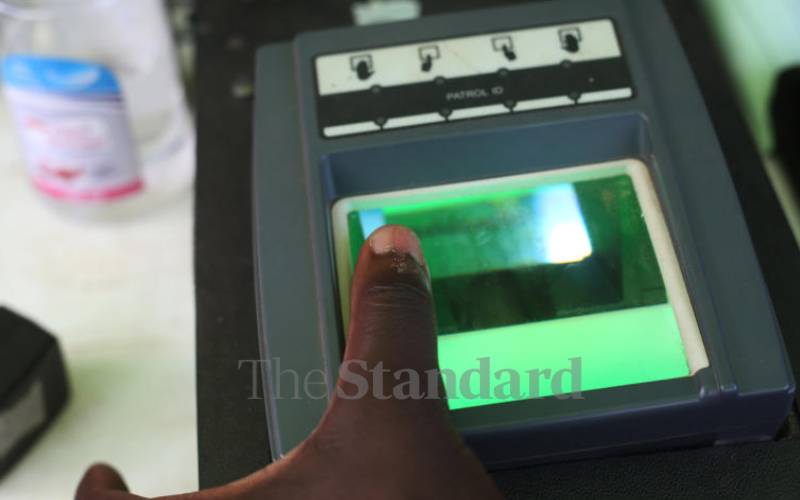×
The Standard e-Paper
Kenya’s Boldest Voice

IEBC’s previous registration drive only netted 1.5 million voters-far below a target of 6 million voters. [Elvis Ogina, Standard]
Going by Independent Electoral and Boundaries Commission (IEBC) latest voter registration figures, it is apparent the commission will not hit its target.